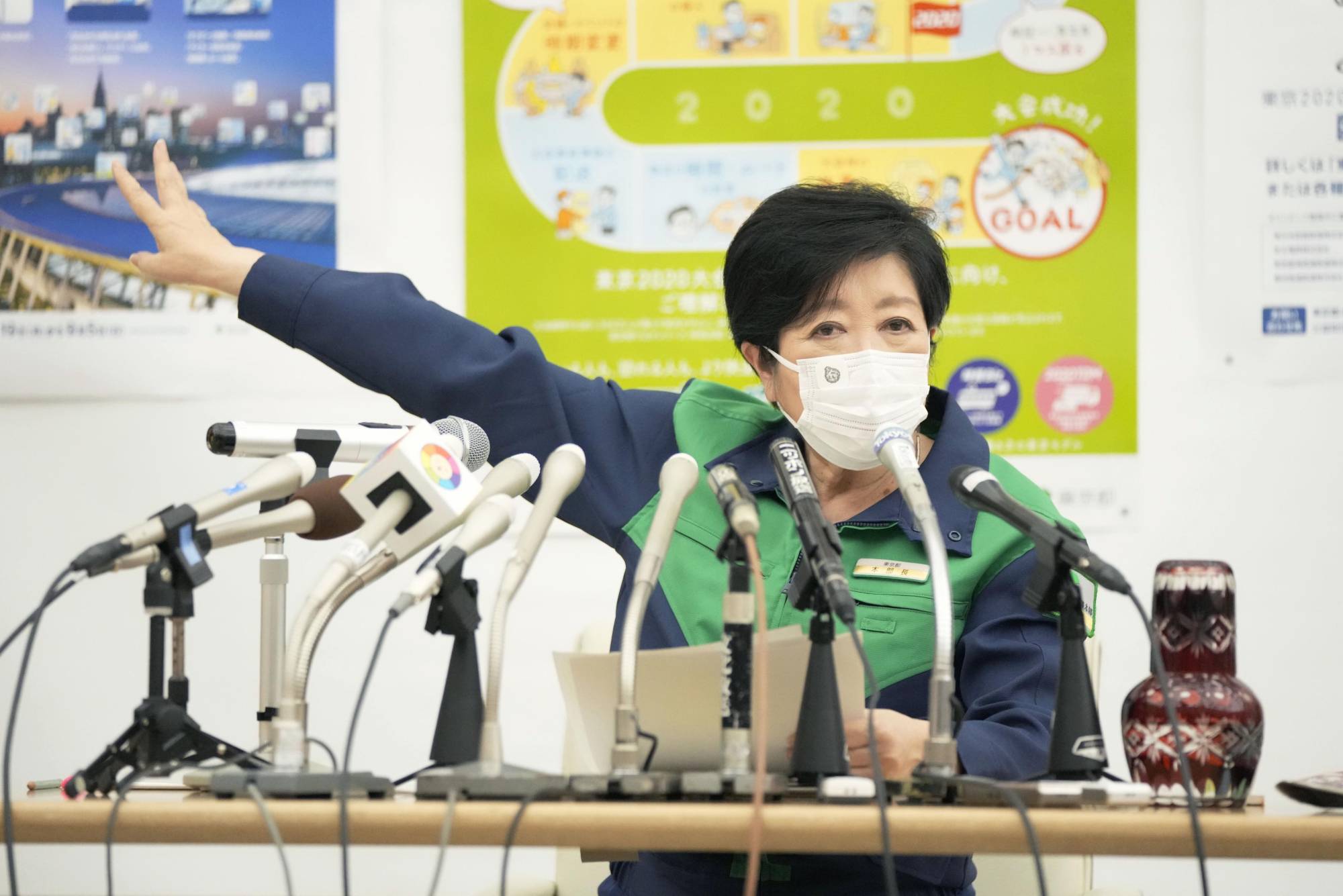Tokyo assembly faces task of restoring capital's virus-hit finances
07 July, 2021

With Sunday's election of the new Tokyo metropolitan assembly, the Japanese capital faces the tall task of restoring its finances hit by massive spending in response to the coronavirus pandemic and outlays for the Tokyo Olympics and Paralympics.
While new legislators are tasked with scrutinizing the health of the capital's coffers, the Tokyo metropolitan government may also need to shoulder additional spending over the Summer Games in the event of reduced ticket sales caused by the capping of the number of spectators as part of anti-COVID-19 measures.
Under the rules, the metropolitan government will have to cover shortfalls in ticket sales and other revenues connected with the games.
So far, the capital has poured a total of about 4.78 trillion yen ($43 billion) into the coronavirus response by formulating 30 supplementary budgets on top of the initial budget for fiscal 2021.
Its savings, or the public finance adjustment reserve funds, dwindled to 2.1 billion yen at one point from the pre-pandemic level of over 900 billion yen.
The amount in the reserve funds has recovered to the current level of 274.2 billion yen thanks to lenders' return of government-backed loans for small- and medium-sized companies, among other means.
But if the virus spread is not contained, the capital's spending will continue to balloon due to outlays such as "cooperation money" -- funds paid to food service establishments that comply with the government's request to shorten business hours -- among others.
In addition, potential extra expenses related to the Olympics and Paralympics weigh heavily on the local government, which already has earmarked 1.45 trillion yen for the global sports event.
The government has allocated more than 130 billion yen for constructing six new sports venues.
While those facilities will open to the public after the games, annual balances for the facilities, with the exception of Ariake Arena, the venue for volleyball games for the Olympics and wheelchair basketball finals for the Paralympics, are projected to dip into the red.
The metropolitan government plans to promote them as "legacy facilities" of the Olympics, but whether they will continue to attract big crowds remains uncertain.
Similarly, COVID-19 is squeezing the metropolitan government's finances, with tax revenue in fiscal 2020 ended March is expected to total around 5.35 trillion yen, down 282 billion yen from the previous year.
The margin of decrease was smaller than predicted. Still, it was the first contraction in nine years.
Whether the capital's economy will improve largely depends on how the infections situation turns out, leaving the status of tax revenue in the current fiscal year unclear as well.
The metropolitan government has been trying to improve the fiscal situation through means such as postponing and reviewing some nonurgent projects.
"We will take necessary measures by utilizing funds and metropolitan government bonds even during a time of uncertain outlook" of the economy and the pandemic, a senior metropolitan government official.
Source: japantoday.com
